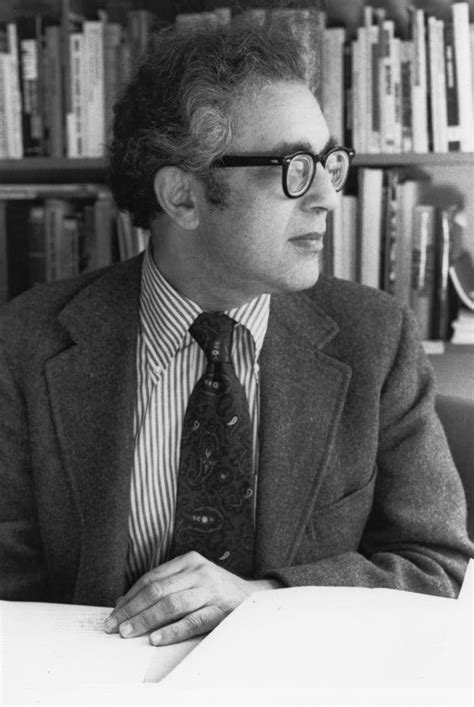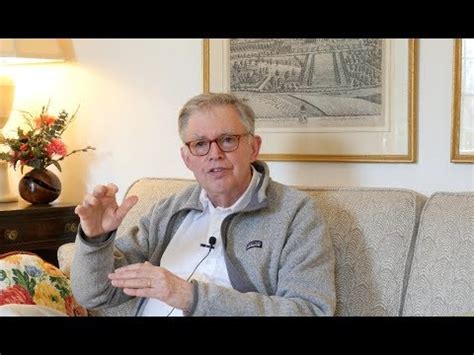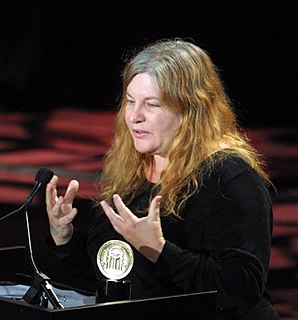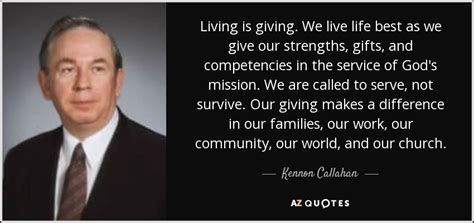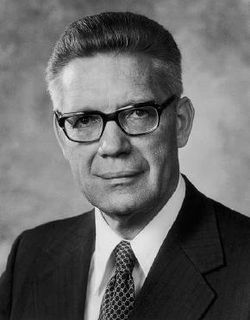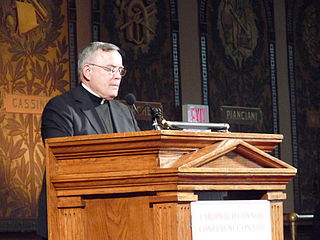A Quote by Nathan Glazer
Whyte's work remains a living and usable handbook for improving our cities, our countryside, and our lives.
Related Quotes
Whenever we make changes in our surroundings, we can too easily shortchange ourselves, by cutting ourselves off from some of the sights and sounds, the shapes or textures, or other information from a place that have helped mold our understanding and are now necessary for us to thrive. Overdevelopment and urban sprawl can damage our own lives as much as they damage our cities and countryside.
According to energy medicine, we are all living history books. Our bodies contain our histories- every chapter, line and verse of every event and relationship in our lives. As our lives unfold, our biological health becomes a living, breathing biographical statement that conveys our strengths, weaknesses, hopes and fears.
We read our mail and counted up our missions In bombers named for girls, we burned The cities we had learned about in school Till our lives wore out; our bodies lay among The people we had killed and never seen. When we lasted long enough they gave us medals; When we died they said, "Our casualties were low." They said, "Here are the maps"; we burned the cities.
We've sweated and torn out our hair trying to reconstruct our chosen lives, to fashion them like literary sculptures, at once monumental and yet human. We've applied all of our intelligence, our empathy, our critical faculties, our compassion - and we think, in our delusion, that it's still 1960, and our work is going to get noticed.
We are here on earth to work-to work long, hard, arduous hours, to work until our backs ache and our tired muscles knot, to work all our days. This mortal probation is one in which we are to eat our bread in the sweat of our faces until we return to the dust from whence we came. Work is the law of life; it is the ruling principle in the lives of the Saints.
